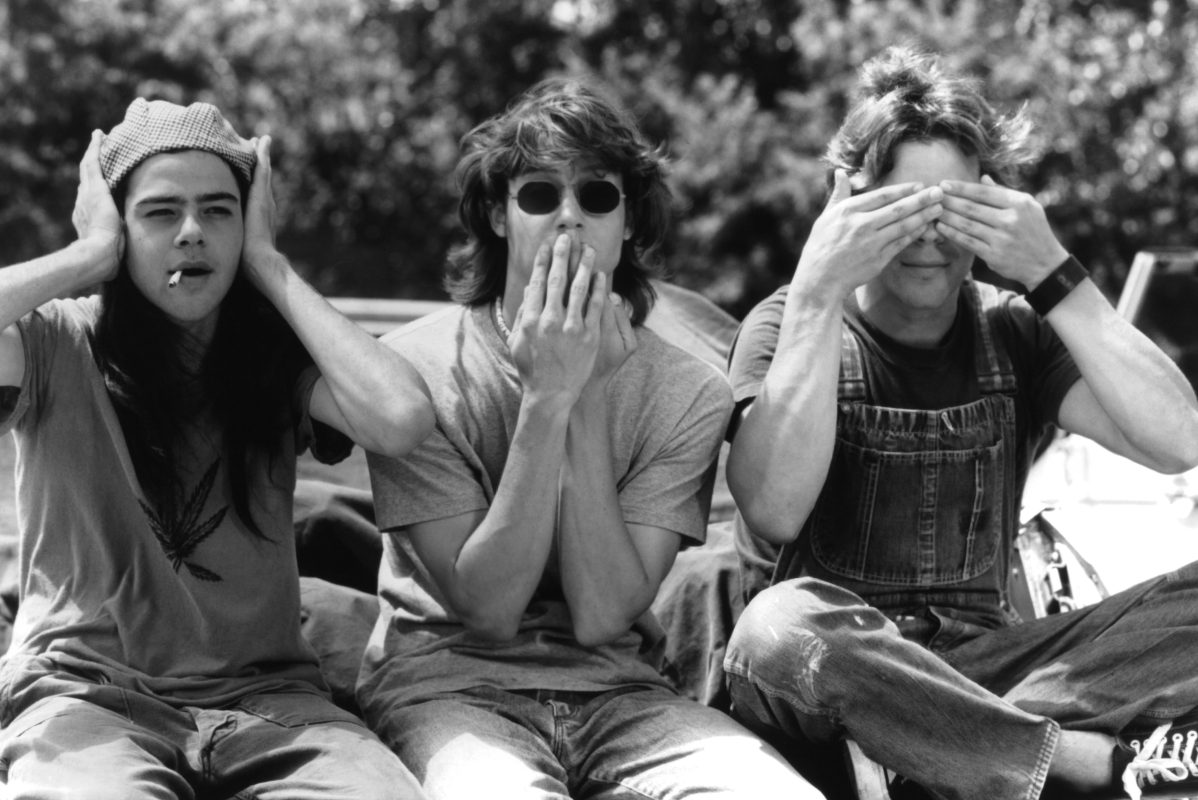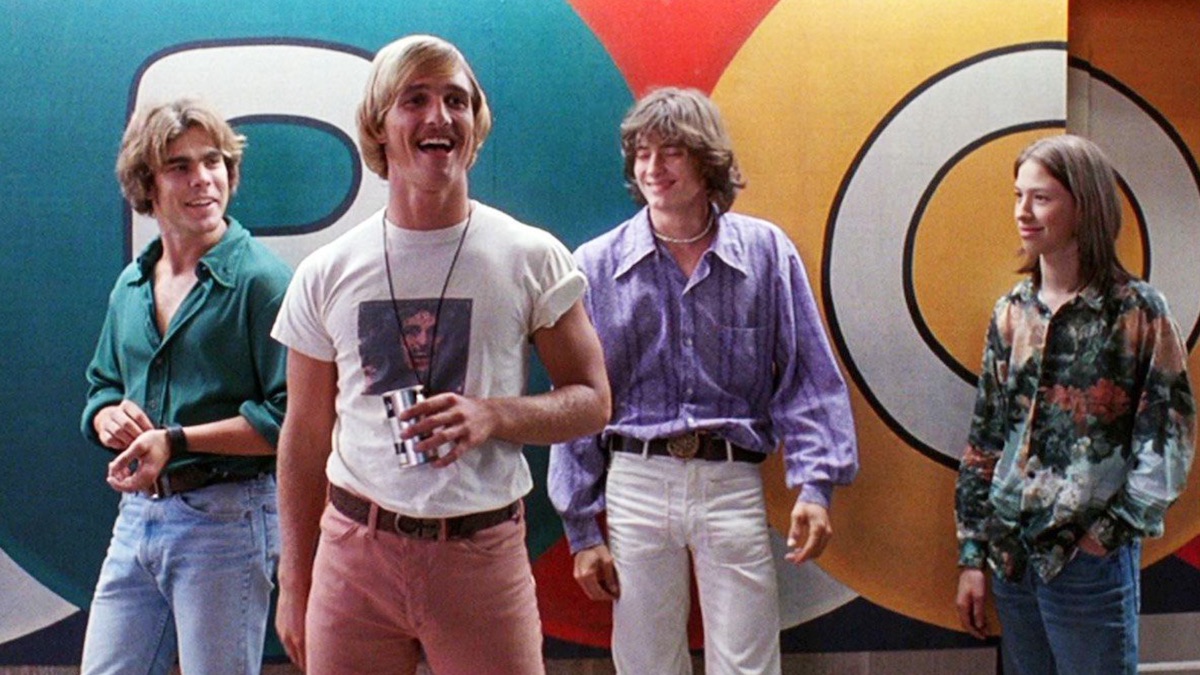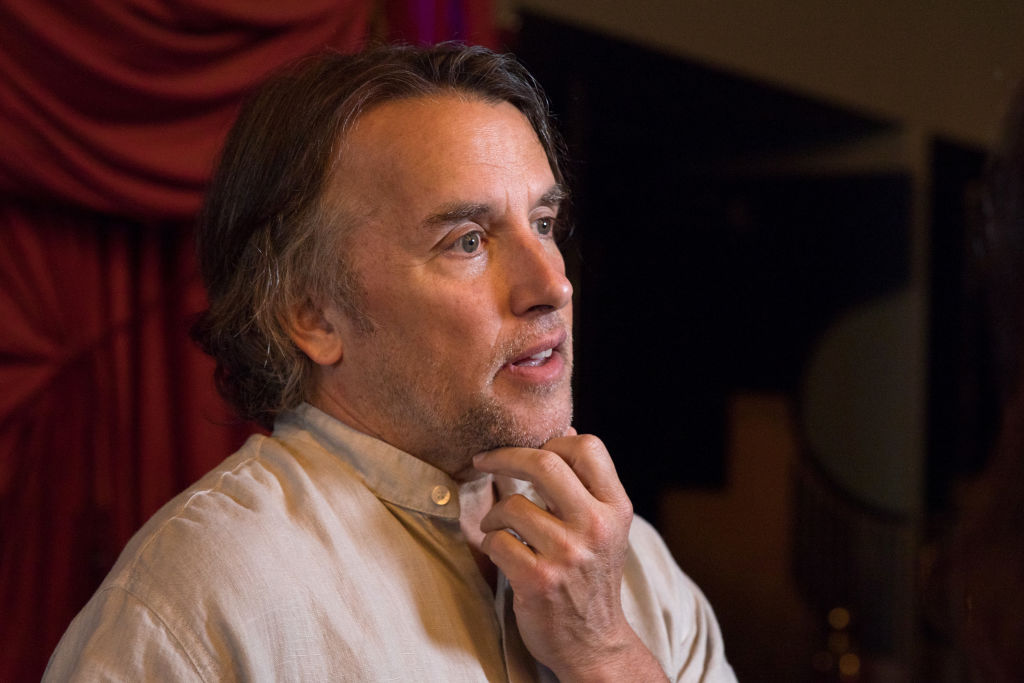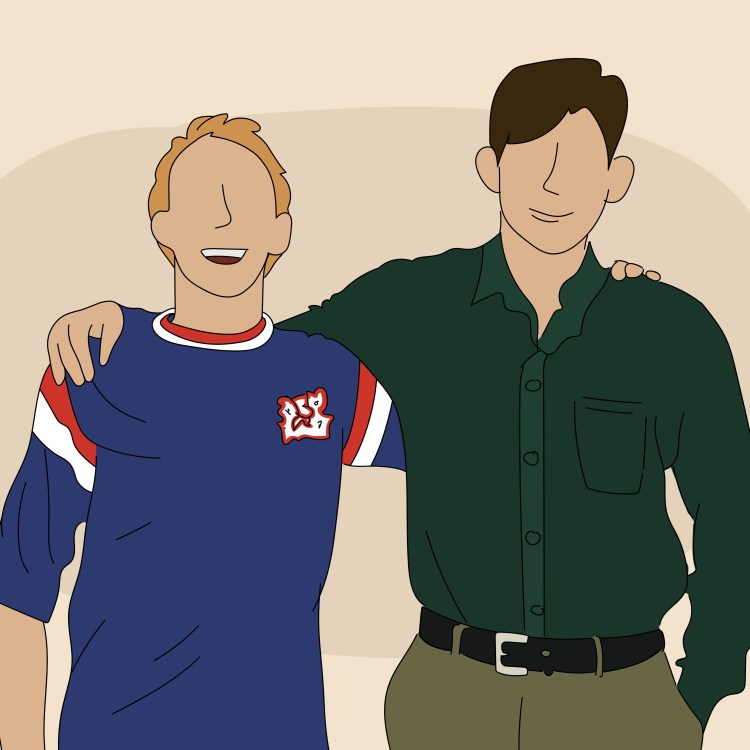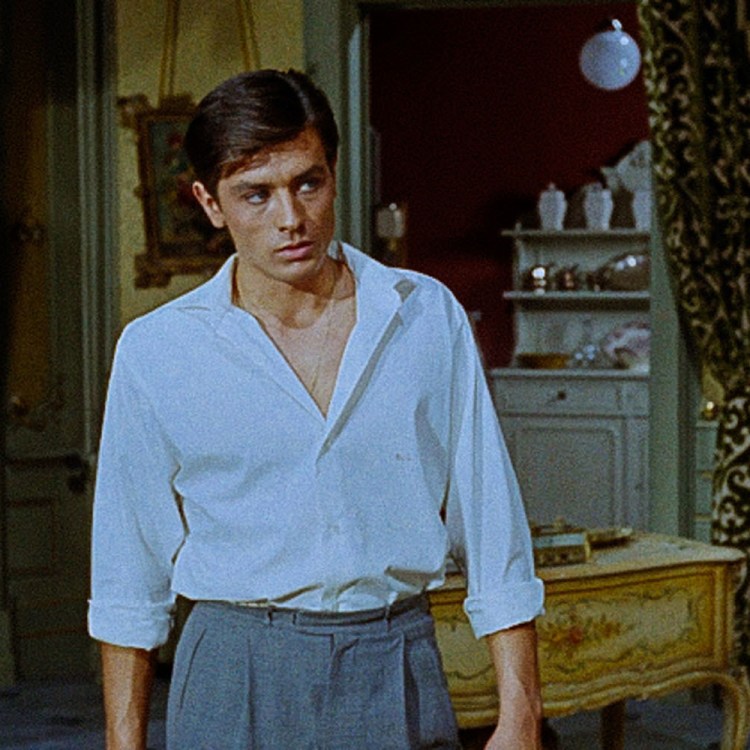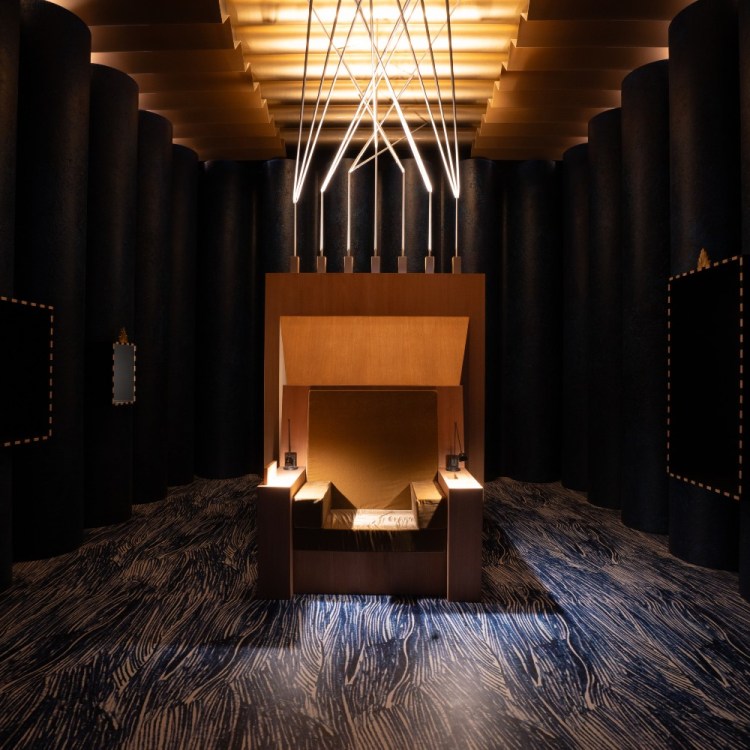In 1993’s Dazed and Confused, director Richard Linklater transports the audience to Austin on the last day of school circa 1976 to take a peek at what the different cliques of jocks, stoners, nerds and mean girls are doing to kick off their summers under the hot Texas sun.
Based on Linklater’s own experience at Huntsville High School, the film was received favorably by critics but was not a major success at the box office. But thanks to the pangs of nostalgia the coming-of-age comedy and its classic rock soundtrack have stoked in viewers in the years since its release, Dazed and Confused has now achieved cult-classic status.
In an ironic twist, Linklater never meant for the movie to be a rose-tinted look back at high school in Texas in the mid-’70s, and in fact intended Dazed and Confused to be a departure from so-called nostalgia films, according to Melissa Maerz, author of the new book Alright, Alright, Alright: The Oral History of Richard Linklater’s Dazed and Confused.
“Linklater originally wanted Dazed and Confused to be an anti-nostalgia movie that kind of showed how the past sucked and the ’70s sucked,” Maerz tells InsideHook. “That’s so interesting, because it’s become the ultimate nostalgia movie for so many people. People who are not just nostalgic for high school, but nostalgic for the ’70s, and now I think it makes a lot of people nostalgic for the ’90s. My original question was: How did this anti-nostalgia movie become the ultimate nostalgia movie? I think one of the answers is the cast.”
Maerz, a founding editor at Vulture, arrived at that conclusion after conducting more than 100 interviews with Linklater, studio executives and cast members like Matthew McConaughey, Ben Affleck and Parker Posey.
“The cast, or at least a lot of the cast, is still incredibly nostalgic for the time they spent making that movie. The theme that came back, again and again, was that people were so nostalgic for the time that they made it,” she says. “I don’t think I was prepared for how much of a repository for the cast and crew’s nostalgia this book was going to become. What happened to me kind of mirrors what happened to Linklater. He thought he was making this anti-nostalgia movie and then realized you can’t really dictate how people receive it. People are going to make it nostalgic, whether you want them to or not.”
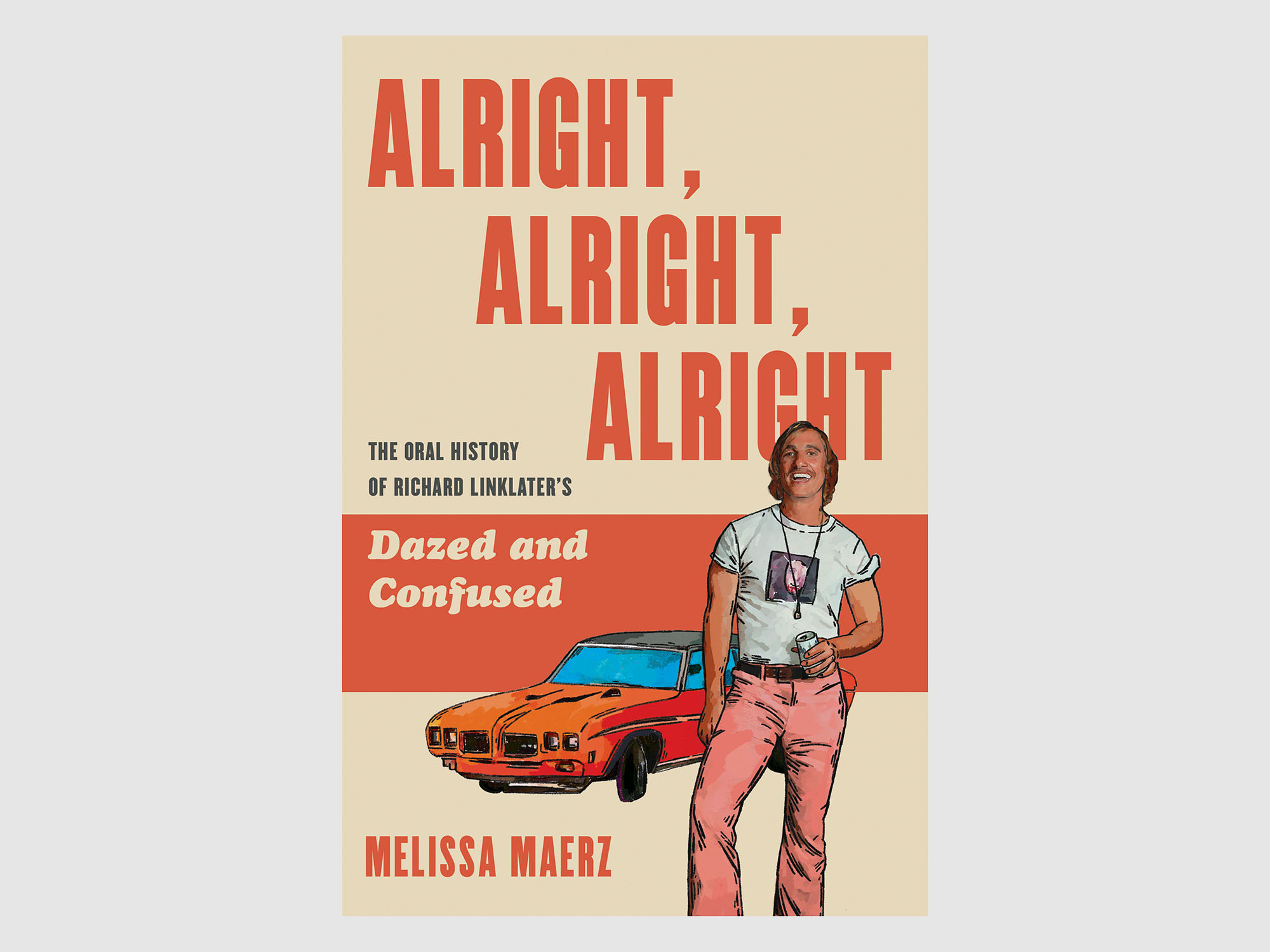
A huge reason the cast members remember the film so fondly is that they were crashing at an Austin hotel like high-schoolers on a poorly supervised class trip while they were off-screen.
“All of them were hanging out there together smoking weed and partying in each other’s rooms,” Maerz says. “A lot of them were discovering Austin for the first time. They were going out and swimming and shooting guns and living a kind of wild behind-the-scenes life. I think you got this real chemistry developing between them that you can see on screen. That’s kind of why that chemistry works — because it was real.”
For the book, Maerz also spoke to some of the people the film could have really been about, Linklater’s former classmates in Huntsville (three of whom hit him with class-action lawsuits that were eventually dropped).
“You talk to a lot of people from Huntsville and they all think these characters are them,” she says. “Everybody sees somebody in that movie they think was based on them. I think that’s a credit to how many people can relate to this movie and how many people see themselves in it, even if they didn’t go to high school in Huntsville. The movie really caught the vibe of what being that age is like.”
And that, despite Linklater’s intentions, is really why Dazed and Confused continues to drum up nostalgia nearly 30 years after is release.
“Everybody thinks it’s about them, right? A guy named Jason David Scott who was a unit publicist for the movie gives one of my favorite quotes in the book,” Maerz says. “Basically, he said ‘That was exactly my high school, except the cars were different and I grew up in L.A. and we listened to different music and the outfits were different.’ Basically, it was like, ‘That was my life, but nothing was the same.’ That really tells you something. What Linklater got was the vibe of what being a teenager feels like. Once you capture that, the details don’t really matter as much.”
This article was featured in the InsideHook Texas newsletter. Sign up now for more from the Lone Star State.
